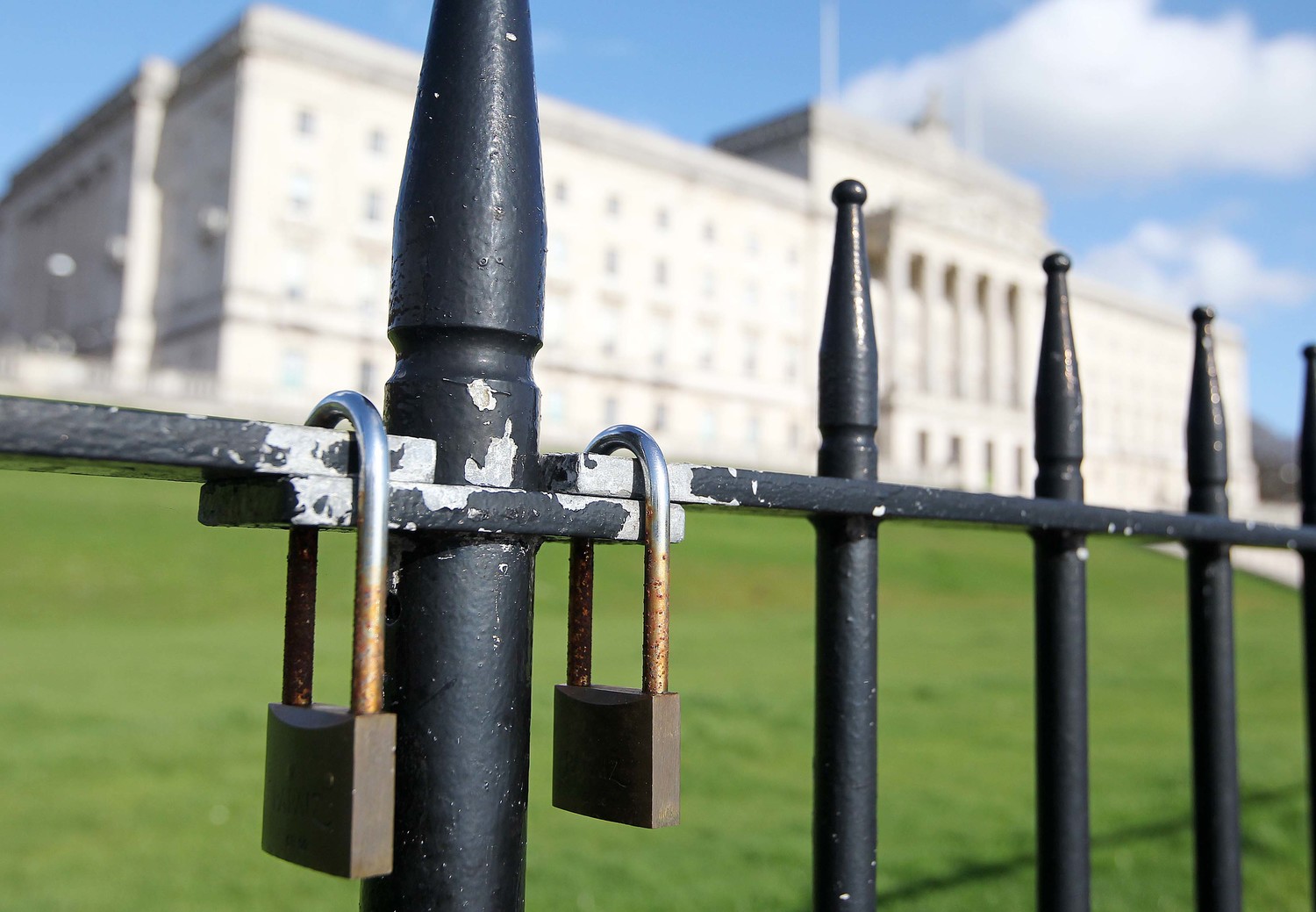By Niall McCracken
THE Northern Ireland Assembly’s Justice Committee has failed to reach an agreement on whether or not the Attorney General should be granted more power to investigate hospital deaths here.
John Larkin QC has been seeking an amendment to the Justice Bill to allow his office access to confidential hospital documents. On Wednesday members of the Justice Committee were split down the middle on a vote to decide whether or not to pass the proposal.
The 50/50 division in the Justice Committee means that it cannot move forward with the Attorney General’s amendment but the reform can still be tabled by individual MLAs or political parties before the Justice Bill goes through the assembly later this year.
Responding to a series of questions submitted by The Detail Mr Larkin said he believed the general public would welcome a set of “independent eyes” looking at hospital death that at present “fall between the cracks”.
The Department of Health here has been arguing that the current system is “sufficiently robust”. In submissions to the Justice Committee it has pointed to a number of its own initiatives that it believes is already improving the checks and balances for how hospital deaths are investigated here.
In Northern Ireland the Attorney General can direct the coroner to conduct an inquest into the death of a person if he has reason to believe that the person died in circumstances which make holding an inquest advisable.
During his evidence to the Justice Committee the Attorney General said he has had some difficulty getting access to hospital documents from health trusts that might help him make such decisions.
We submitted a number of questions to the Department of Health in relation to the Attorney General’s amendment. However health officials directed us to a submission the department made to the Justice Committee.
It outlines that when the Attorney General does make requests for information on hospital deaths “where possible this information is provided as requested”.
The department also pointed out that such requests often mean that front-line clinicians and other staff would have to review documentation and records in order to identify the material relevant to each request and, as a consequence, would be diverted from providing services to patients and clients.
The Department has also outlined plans for a number of internal mechanisms that it believes would help ensure greater scrutiny of deaths in hospitals.
A Regional Mortality and Morbidity Review System has already been piloted in a number of health trusts. This means that not all referrals to the coroner would be left to the individual judgement of a doctor.
Under this system, within a matter of weeks after the initial death being reported or not, a team of doctors will review the case to decide if there has been an appropriate referral, or lack of, to the coroner.
During his evidence to the Justice Committee the Attorney General said that while this system was worthwhile it was still a form of self regulation by hospitals.
The Department is also considering introducing a “Medical Reviewer” to undertake a 10% sampling process of all hospital deaths not already being reported to the coroner.
In a separate article published by The Detail today, Dame Janet Smith, the senior judge who led the Inquiry into the notorious killer Dr Harold Shipman said these plans were unlikely to flag up where “bad practice has been concealed”.
The Shipman Inquiry recommended that all death certificates should be scrutinised by an independent person.
Responding to a series of questions submitted by The Detail the Attorney General said he believed his amendment was “clear and deliverable reform that can be put in place now”.
He said: “This amendment gives rise to no additional cost to the public. There could well be value in a medical examiner but setting up a medical examiner system will come with substantial public cost and may not happen for some years.
“I believe that the public would very much welcome now a second set of entirely independent eyes looking at those cases which at present fall between the cracks.”
Mr Larkin maintained that the amendment would allow him to work with health trusts on the appropriate cases.
He said: “This amendment would provide a platform for working with the health trusts to establish proportionate techniques (including sampling) to ensure that we fill in the present system gaps as best as we can.
“I will have to operate within the resources currently available to me but there is already in this office a high degree of expertise in interpreting and assessing medical records.”
To read the Attorney General’s response in full as well as the Department of Health’s submission to the Justice Committee please see the documents at the bottom of this article.
The vote on the Attorney General’s amendment on Wednesday (13th) took place almost a year after it was first raised at the Justice Committee.
The final position on the amendment is that there was no agreement on taking it forward. It was put to a vote, with five MLAs voting in favour of taking the amendment forward and five voting against. It is understood Sinn Fein, SDLP and UUP members voted for the amendment while DUP and Alliance members voted against.
The Justice Bill is expected to be brought before the Assembly in April or May this year. MLAs can put forward an amendment to the bill at any time before it is brought to the floor of the assembly.
Click here to read part four of a special series of articles published by The Detail today. Figures obtained by The Detail show that the number of hospital deaths reported ‘late’ to the coroner in Northern Ireland has doubled in the last year.
 By
By
